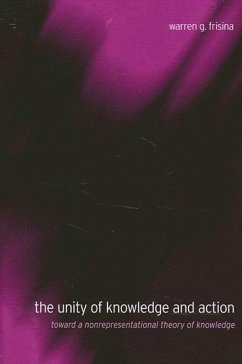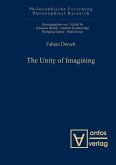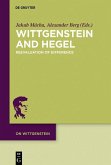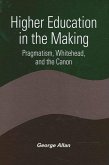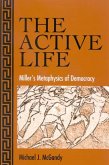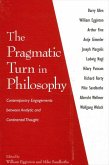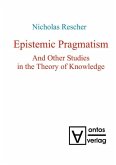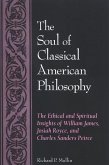Building upon insights from the sixteenth century Neo-Confucian Wang Yang-ming, the American pragmatist John Dewey, and the process philosopher Alfred North Whitehead, this book argues that knowledge is best understood as a form of action. Many of the most puzzling philosophic problems in the modern era can be traced to our tendency to assume that knowledge is separate from action. Letting go of the sharp knowledge-action distinction, however, makes possible a more coherent theory of knowledge that is more adaptive to the way we experience one another, the world, and ourselves. By responding directly to problems raised by contemporary thinkers like Charles Taylor, Donald Davidson, Richard Rorty, Daniel Dennett, Mark Johnson, George Lakoff, and Robert Neville, this book maps out a strategy for making progress in the contemporary quest for a "nonrepresentational theory of knowledge."
Hinweis: Dieser Artikel kann nur an eine deutsche Lieferadresse ausgeliefert werden.
Dieser Download kann aus rechtlichen Gründen nur mit Rechnungsadresse in A, D ausgeliefert werden.
Hinweis: Dieser Artikel kann nur an eine deutsche Lieferadresse ausgeliefert werden.

